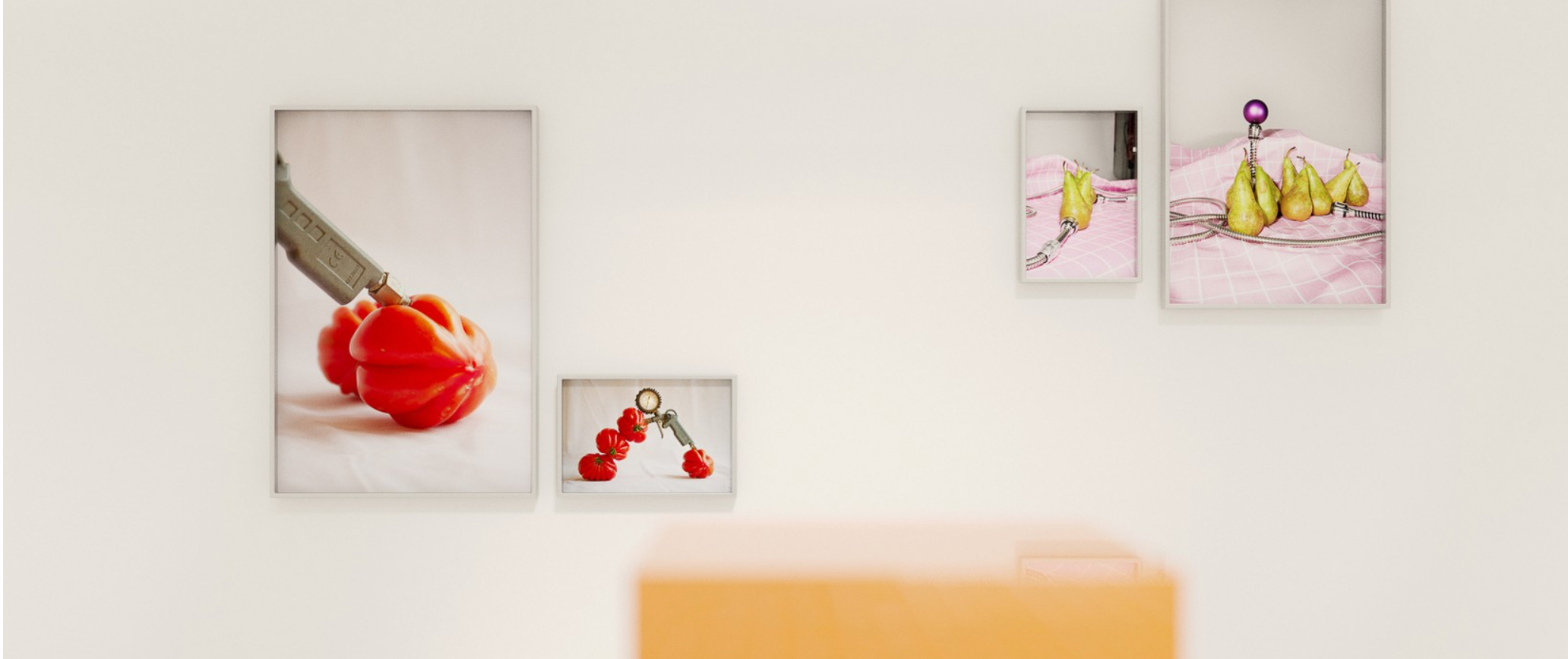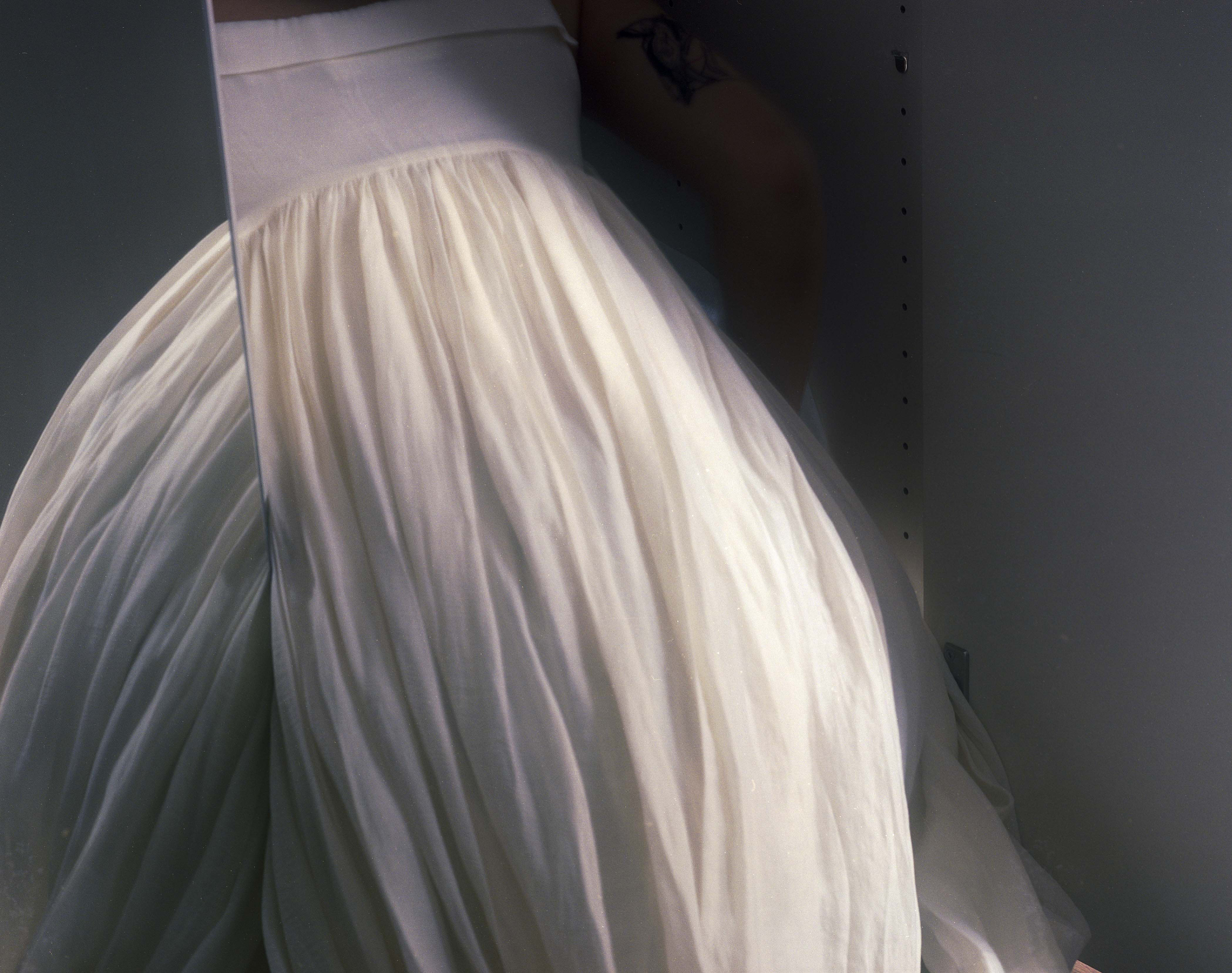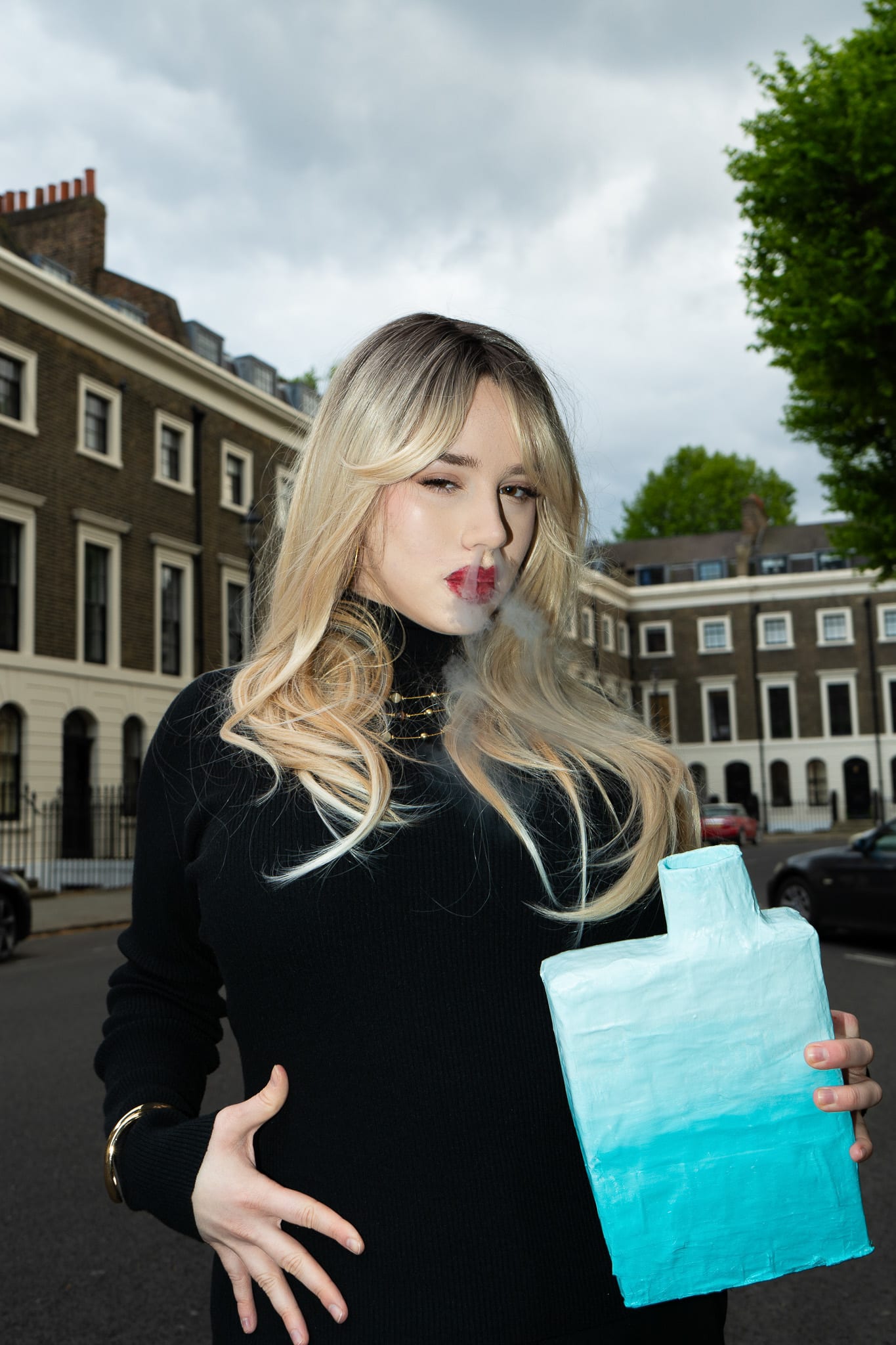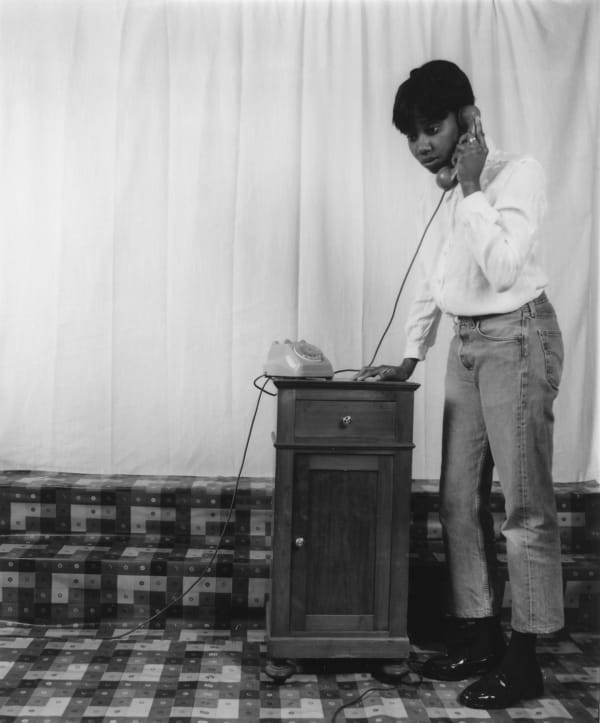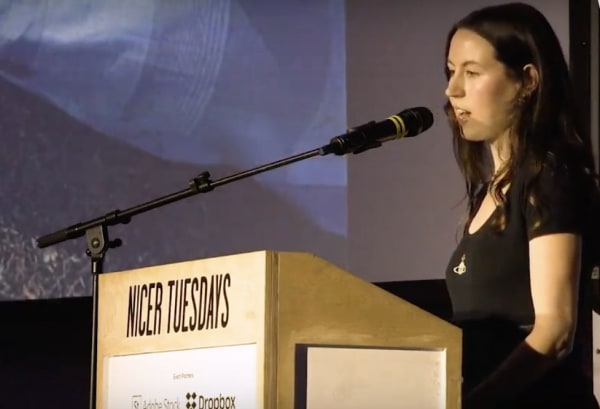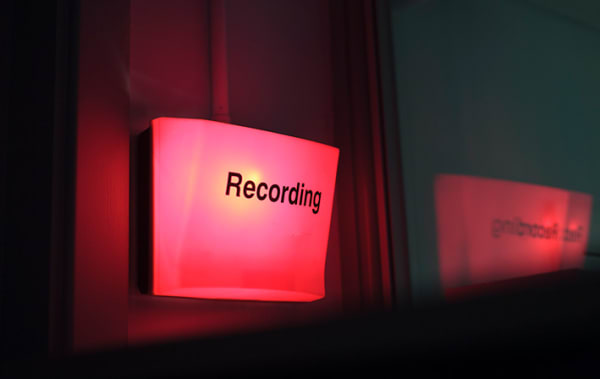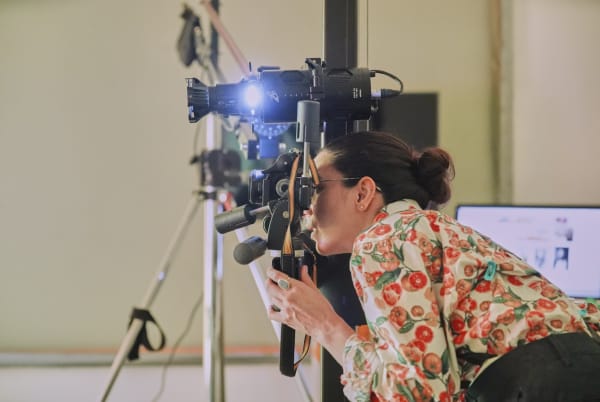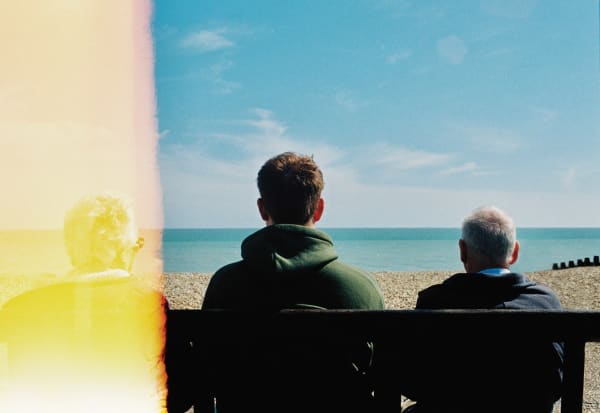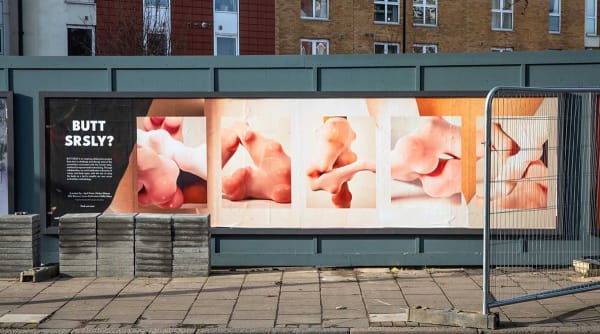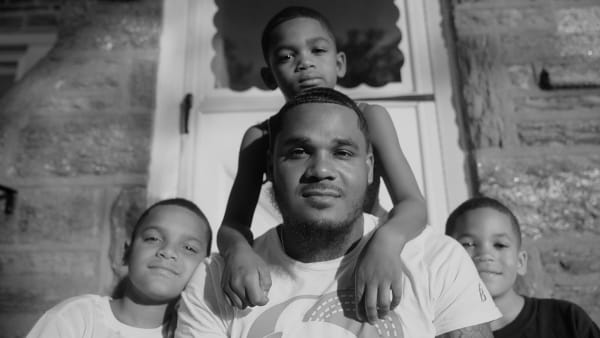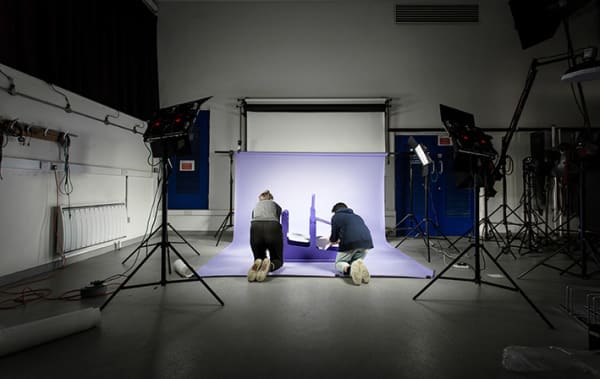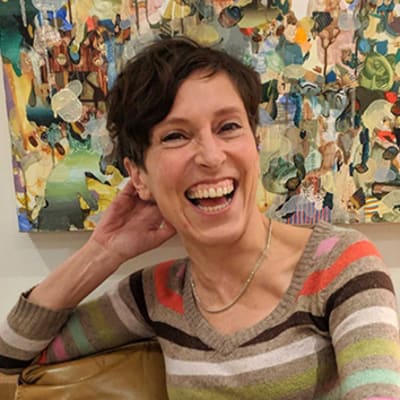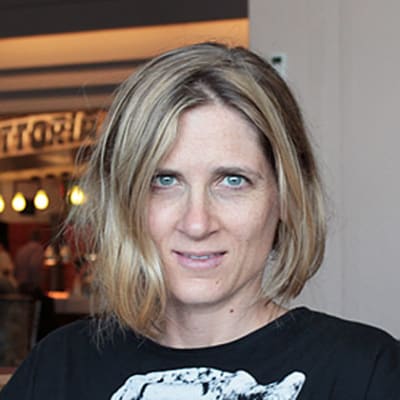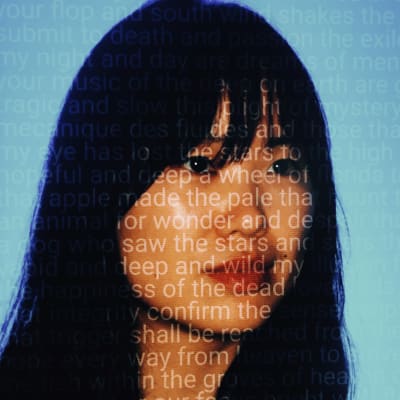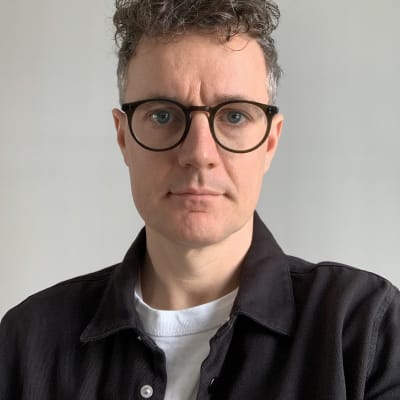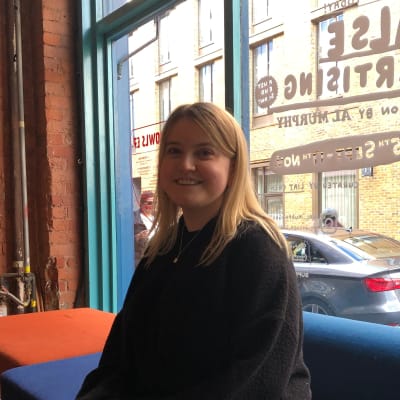Course units
UAL is committed to ensuring that its students’ knowledge and skills are set within a contemporary personal and professional ethical framework in order they may make positive impact in practice particularly in relation to the UAL Principles of Climate, Racial and Social Justice. The UAL Principles help to inform the course’s approach to ethical awareness and application in the curriculum leading to advocacy, mitigation and urgency in developed practice. Ethical behaviours and values are embedded in course aims and are assessed throughout.
In common with all courses at the University of the Arts London, this course is credit rated. The course is three years, levels 4-6. Each year requires you to achieve 120 credits. To be awarded the BA (Hons) Photography qualification, you need to accumulate a total of 360 credits.
Year 1
During the first year, through a series of specially designed theory and practice sessions, you will learn about historical and contemporary photography practices, and the key theoretical frameworks used to situate them.
You’ll be introduced to specialist photographic skills and creative methodologies in a supportive environment, to develop your curiosity and creativity.
Throughout the course, there will be guest lectures from industry professionals, including professional photographers, artists, filmmakers, picture editors, curators, commissioners and more, giving insight into a range of photographic practices and providing a space to meet other photography students from across the programme at BA and MA levels.
In your first year you will be introduced to the wider resources of the university, including the Digital space where you can sign up to short courses offering Adobe accreditation in Photoshop, InDesign, Premiere, or other software courses.
You’ll be supported through tutorials to develop and research your own photographic ideas in relation to project briefs and experiment with the technical skills to develop your personal position as a photographer.
Introduction to Photography (20 Credits)
This unit acts as an introduction to the course and to your subject specialism. Topics covered include effective learning and studentship at undergraduate level as well as introducing basic technical skills.
Remix, Remake (20 Credits)
This unit is designed to familiarise you with making practice-based work that is informed by experimentation, the development of critical, practical skills and peer-to-peer learning. Designed to assist in your exploration of the medium, the unit asks you to consider photography as a current visual practice and how it is used in wider visual culture.
Histories in Context (20 Credits)
This unit addresses some of the key debates concerning photographic representation today. Using appropriate cultural and critical methods, the unit encourages you to develop an awareness of how these debates have emerged.
Photographic Fictions (40 Credits)
Photographic Fictions is an opportunity for you to identify and develop photographic work with a particular focus on the book form. The unit specifically considers how work might address the potential of photographic mediations, formulating an expanded understanding of narrative which explores contemporary (as well as historic) concerns.
Ideas in Practice (20 Credits)
The unit builds on your previous study in addressing some of the key contemporary questions concerning photographic representation. The unit interrogates contemporary areas of research and practice, particularly concerning the politics of visual representation.
Year 2
As you move into Year 2, you will expand on your skills and start to develop a more specific understanding of your work. You will be encouraged to question the contexts in which your work may be encountered and how your work is placed in relation to wider visual cultures. Year 2 builds on the foundations established in Year 1, introducing themes of practice, contextual studies, and professional development.
Students work through considerations of the medium, usage, and institutional setting, to focus on two key themes of contemporary photography: society and culture.
Towards the end of the year, the emphasis in contextual studies shifts towards preparation for your selection of a research topic that you will continue to explore in the third year.
Situating Practices (20 Credits)
This unit encourages you to consider the photographic medium in an expanded sense. It will examine the production of work with a clearly identified context in mind, but also consider the conceptual underpinning and positionality of any visual artefact. The focus of the unit will be on how photography is expanding into and being accompanied by other forms of making, such as moving images, sculpture, and computation.
Thinking Ecologies (20 Credits)
This unit places emphasis on contemporary photographic issues and practices and builds on your developing understanding of historical and theoretical photographic knowledge.
This unit develops essential skills in independent research and critical thinking, and provides critical insight into photographic practice.
The Live Brief (Industry, Community and Collaboration) (20 Credits)
This unit provides you with the opportunity to choose from a number of available collaborative options. Through this process you will share skills and expertise with others and gain insight from working on projects that may fall outside of the usual opportunities provided within the course.
Expanded Practice (40 Credits)
Situating Practices considers how visual work is created in relation to theories of site and location. The unit asks you to consider questions regarding how the meaning of your practical work may change depending on the context in which it is placed. You will be asked to consider the extent to which your work can be used to transform, subvert, enhance, or otherwise work in relation to a site or space of inquiry. This practice-based unit encourages you to think of yourself as a fieldworker and consider how image makers engage in a specific public sphere. To this end, documentation of the project will be presented on a website. The production and skills required to undertake this medium will be delivered in specific sessions to be included in the schedule.
Culture Machines (20 Credits)
This unit explores models of production and their consequence for meaning, identity and value. Culture Machines will contribute to your developing skills in independent research.
Year 3
Year 3, the final stage of your degree, consolidates and develops your ability to direct and plan your own work. All final year units are designed to enable you to think about how you may be able to sustain your practice after graduation and find exciting career opportunities.
Research Project (40 Credits)
The Research Project is developed on a self-selected topic, chosen to complement your practice interests and provides you with the opportunity to develop a larger set of questions and ideas using skills, knowledge, and understanding acquired over the course.
Major Project 1 (20 Credits)
In this unit you will begin the exploratory process of researching and making visual work towards your final major project. You will begin to develop a written proposal, complete a risk assessment and begin to make work that will be further developed in the Major Project 2 unit.
Major Project 2 (40 Credits)
Major Project 2 builds on your interests and knowledge acquired from previous units to produce a significant body of practice based work. You will be supported in conducting in-depth research and technical / methodological experimentation, which on completion will demonstrate sophisticated understanding and articulation of your own practice.
Creative Futures (20 Credits)
Creative Futures explores the future possibilities of photographic practice and scholarship open to graduates.
The unit considers the ways that your practice can be situated in contemporary culture and focuses on personal professional planning, considering your career development outside of the undergraduate environment.
Optional Diploma between Years 2 and 3
Between Years 2 and 3 of your course, you’ll also have the opportunity to undertake one of the following qualifications:
Diploma in Professional Studies (DPS) (Optional)
This optional diploma can be taken between years’ 2 and 3. With support from your tutors, you’ll undertake an industry placement for a minimum of 100 days/20 weeks. As well as developing industry skills, you’ll gain an additional qualification upon successful completion.
Diploma in Creative Computing (Optional)
Between years’ 2 and 3, you can undertake the year-long Diploma in Creative Computing. This will develop your skills in creative computing alongside your degree. After successfully completing the diploma and your undergraduate course, you’ll graduate with an enhanced degree: BA (Hons) Photography (with Creative Computing).
